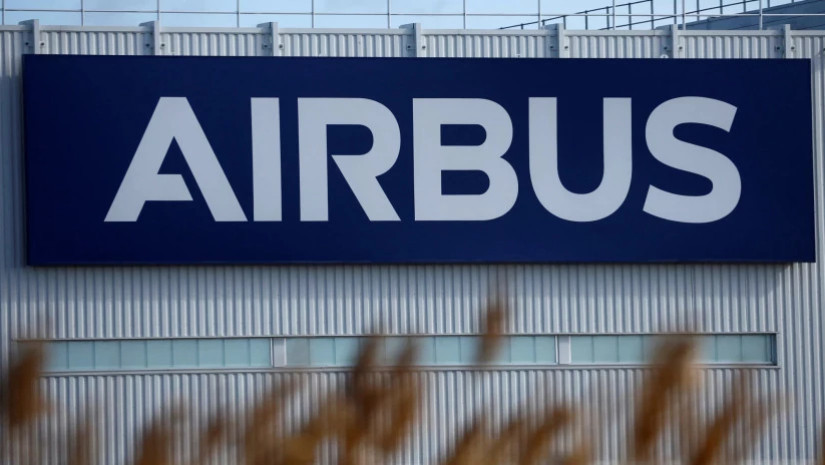Airbus (EPA: AIR) has reported a robust performance in the first nine months of 2025, delivering 507 commercial aircraft and affirming its dominant position in the global aviation market. This significant milestone was underscored by a record-breaking September, where the European aerospace giant handed over 73 jets, indicating a notable improvement in crucial engine supply chains. The strong delivery figures place Airbus firmly on track to achieve its ambitious full-year target of approximately 820 aircraft, further widening its lead over rival Boeing (NYSE: BA).
The 507 deliveries from January to September mark an increase from the 497 aircraft delivered during the same period in 2024, demonstrating a consistent upward trajectory despite ongoing industry challenges. This impressive output comes as Airbus continues to navigate a complex operating environment, particularly concerning engine delivery delays from key suppliers like CFM International (a joint venture of GE Aerospace (NYSE: GE) and Safran (EPA: SAF)) and Pratt & Whitney (a division of RTX Corporation (NYSE: RTX)). However, the recent surge in deliveries, coupled with a reported decrease in "gliders" – fully assembled aircraft awaiting engines – suggests that these supply bottlenecks are easing.
Airbus's provisional 507 commercial aircraft deliveries in the first nine months of 2025 represent a 2% increase from the 497 deliveries in the same period of 2024. This cumulative figure turned positive in September 2025, surpassing the equivalent total for 2024 for the first time. September itself was a record-breaking month for Airbus, with approximately 73 jets delivered, up from 50 deliveries in September 2024 and exceeding earlier analyst forecasts. This strong performance signals Airbus's improved capacity to meet its full-year delivery target of around 820 commercial aircraft across all models by year-end.


















